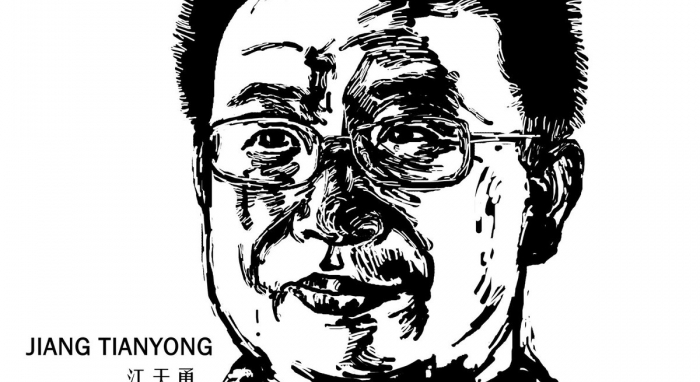
HRC37 | Cases of reprisal remain unaddressed by the Council
As cases of intimidation and reprisal against those engaging or seeking to engage with the Council continue to be reported, ISHR calls on the President, Bureau and Council itself to do more to address these blatant attempts to restrict the right to communicate with the UN.
This week marked the four year anniversary of the disappearance, arbitrary detention, and ultimate death of Chinese human rights defender Cao Shunli. Four years on and still no one has been held responsible.
This case is not an anomaly, reprisals continue across the globe. Jailed Chinese human rights lawyer Jiang Tianyong has recently seen his health deteriorate, while Egyptian defender Ibrahim Metwally defender remains imprisoned under poor conditions.
In a statement delivered during the Item 5 General Debate of the Human Rights Council’s 37th Session, ISHR brought attention to these disturbing cases, called on the Council President for an update on action taken, and on the President, Bureau and Council to do more to address cases of reprisals.
‘The passage of a resolution on reprisals at the last Council session demonstrates the importance some States place on addressing this issue, in particular the creation of a dedicated dialogue on reprisals. However, the number of hostile amendments proposed and attempts to weaken the text by other States – unsurprisingly those known for seeking to limit defenders’ rights – clearly highlights that we have a long road ahead of us before defenders can safely conduct their work free from fear of reprisals,’ said ISHR’s Tess McEvoy.
In the statement ISHR reiterated calls on ASG Andrew Gilmour as the UN Senior Official to address reprisals to promote public awareness of its mandate, make the process for engagement clear and accessible, and provide regular updates on the status of each case.
The President and the Council have a legal and moral duty to address reprisals. ISHR’s statement called upon the Council and its President to take further actions to investigate and combat reprisals, recommending that it:
- Seek information of State action to prevent and ensure accountability for cases of reprisals, assess State compliance with its human rights obligations and call for further action if needed; and
- Ensure States regularly inform this Council of steps taken to investigate cases of reprisals, prosecute perpetrators, and provide remedies to victims.
During the General Debate, States including the European Union and Ireland, condemned reprisals against defenders – highlighting their important role in the protection and promotion of human rights, within a context where they face increasing pressures.
In response to concerns raised by ISHR’s statement on Jiang Tianyong, the Chinese delegation alleged that his detention was in line with China’s national law. ISHR reiterates that any detention related to a defenders’ legitimate human rights activities is a clear violation of China’s international human rights obligations.
This trend of an increase of reported cases of reprisals is also being seen in the Council’s mechanisms, including the UPR. In this regard, ISHR along with the International Lesbian and Gay Association, Amnesty International, COC Nederlands and and UPR-Info made a joint statement calling on the President to develop specific procedures to address reprisals associated with the UPR. These calls reinforce elements of ISHR strategy to strengthen the UPR.
‘While we are encouraged by positive steps taken to address cases of reprisals, it is blatantly clear that more needs to be done. Statements such as those made by China that the detention of a defender complies with national law – when it is a stark violation of intenational law – must be challenged. Targeting of those who engage, or seek to engage, with this Council violates human rights; undermines this Council’s mandate, subverts its integrity, and threatens its credibility,’ added McEvoy.
Watch ISHR’s statement here:
Contact: Tess McEvoy, [email protected] and Madeleine Sinclair, [email protected].
Photo credit: @badiucao, courtesy of CDT.
